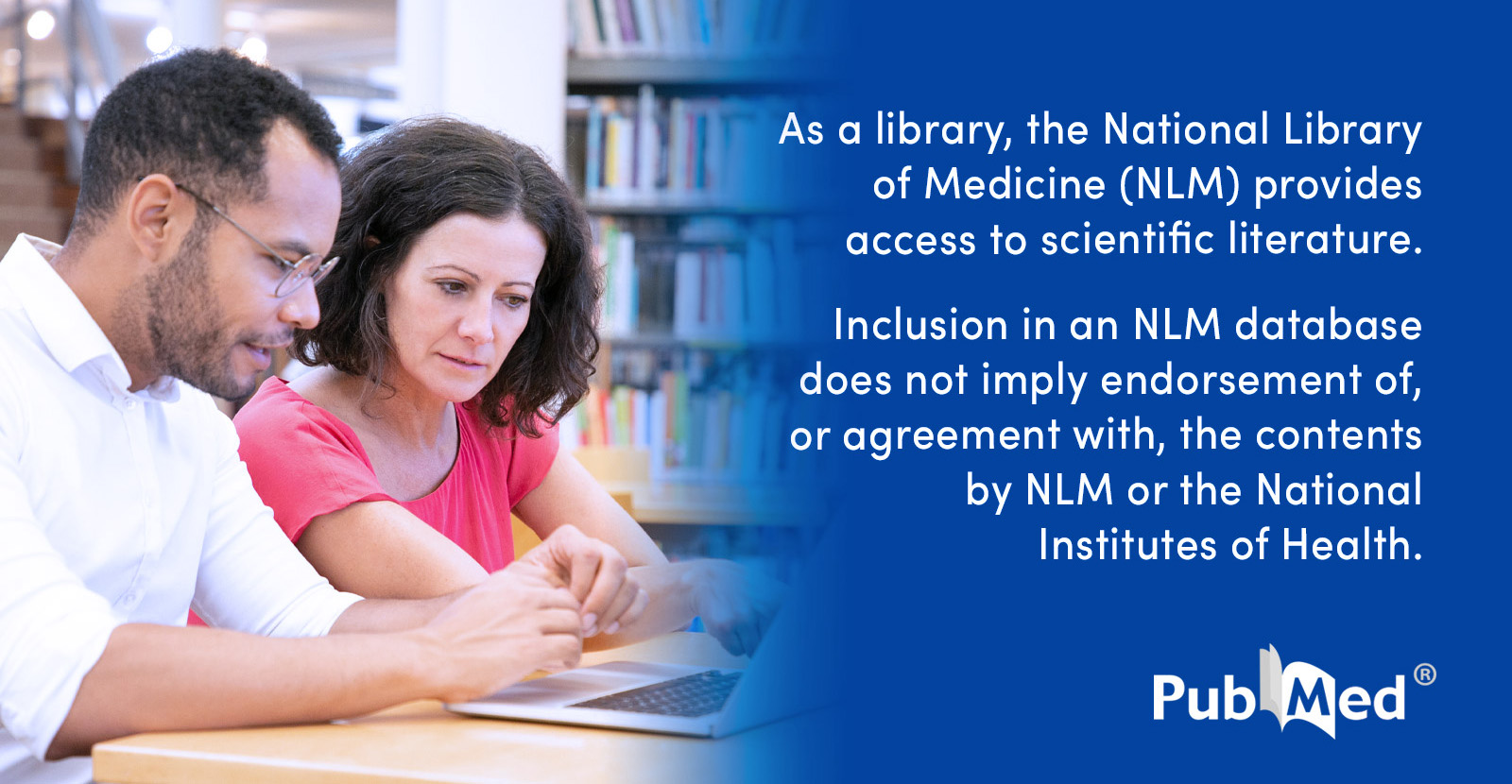D
Deleted member 58492
high iq
- Joined
- Jan 7, 2024
- Posts
- 462
- Reputation
- 354
Preface:
My mom said eating spicy food will hurt me, so I started researching the chemical in spicy food, capsaicin. GPT was used for formatting.

 www.frontiersin.org
www.frontiersin.org
HIGHLIGHTS:
 pmc.ncbi.nlm.nih.gov
pmc.ncbi.nlm.nih.gov
"Thus, improved metabolic and inflammatory status in adipose tissue and liver suggest that dietary capsaicin may reduce insulin resistance [74]. These effects were associated with its dual action on PPARα and TRPV-1 expression/activation [74]."
This shows that it may be a good option to help people who are using GHRPs, Mk677, GH to help reduce insulin sensitivity (along with others, do NOT use capsaicin alone and expect yourself not to get diabetes).

 pubmed.ncbi.nlm.nih.gov
pubmed.ncbi.nlm.nih.gov
"Topical application of 0.01% capsaicin to the faces of 17 healthy female volunteers for seven days significantly increased cheek skin elasticity."
This shows it might help increase skin elasticity.
That pretty much means that capsaicin can help manage blood sugar levels and reduce prostate enlargement in diabetic conditions. It achieves this by regulating various biological pathways, including those related to androgens, the RAGE/IGF-1/Akt pathway, and the TGF-β/Smad signaling pathway. Additionally, capsaicin can reverse epithelial-mesenchymal transition, a process involved in cancer progression.
All in all, it's a good supplement. Would recommend.
My mom said eating spicy food will hurt me, so I started researching the chemical in spicy food, capsaicin. GPT was used for formatting.
What is Capsaicin?
Capsaicin is the chemical responsible for the spicy effects of peppers. It binds to TRPV1 (Transient Receptor Potential Vanilloid 1) receptors in the mouth, causing a sensation similar to burning.TRPV1 Receptors:
- Activation: TRPV1 receptors can be activated by various stimuli, including:
- High temperatures (above 43°C or 109°F)
- Acidic conditions
- Capsaicin (the compound in chili peppers)
- Allyl isothiocyanate (the compound in mustard and wasabi)
- Location: TRPV1 receptors are found in the nociceptive neurons of the peripheral nervous system.
Benefits of Capsaicin in a Nutshell:
- Metabolism Boost: Capsaicin increases metabolic rate, helping the body burn more calories.
- Appetite Suppression: Helps reduce appetite, aiding in weight loss.
- Cardiovascular Health: Capsaicin's anti-inflammatory properties may reduce the risk of heart disease.
- Improved Digestive Health: Capsaicin promotes digestive enzyme production and helps move food through the gut.
- Antioxidant Production: Activates TRPV1 receptors, leading to increased production of antioxidant enzymes.
- Reduces Insulin Sensitivity: Capsaicin has been shown to reduce insulin resistance, which may help people on GH or GHRPs.
- Shows Promise in Helping Liver Disease:
- Liver Injury: Capsaicin has been shown to reduce liver damage.
- Non-Alcoholic Fatty Liver Disease (NAFLD): It can help prevent and treat NAFLD by reducing fat accumulation in the liver.
- Liver Fibrosis: Capsaicin can inhibit the progression of liver fibrosis, which is the formation of scar tissue in the liver.
- Liver Cancer: Some studies suggest that capsaicin may have potential benefits in preventing liver cancer.
- Possibly Reduces Steroid Damage: My research suggests that capsaicin could possibly help reduce/prevent liver damage from steroid usage.
A Deeper Dive:
First Study ("Capsaicin: a Spicy Way in Liver Disease"):

Frontiers | Capsaicin: a spicy way in liver disease
The incidence of liver disease continues to rise, encompassing a spectrum from simple steatosis or non-alcoholic fatty liver disease (NAFLD) to non-alcoholic...
HIGHLIGHTS:
- "Capsaicin is an agonist of the transient receptor potential vanilloid subfamily 1 (TRPV1) and has been shown to exert protective effects on liver diseases, including liver injury, NAFLD, liver fibrosis, and liver cancer."
- "In recent years, capsaicin has attracted attention for its potential in the prevention and treatment of many diseases."
- "Capsaicin has demonstrated a protective effect on liver injury."
- "Capsaicin is known for its antioxidant and anti-inflammatory effects. It has demonstrated beneficial effects on apoptosis and mitochondrial function in acute liver injury (ALI) associated with sepsis."
Can Capsaicin be used to prevent/reduce steroid damage on the liver? SCIENCE SAYS YES!
First, we need to understand why steroids harm the liver. Anabolic steroids can cause liver damage by promoting fat accumulation in the liver, leading to conditions like non-alcoholic fatty liver disease (NAFLD). As we have seen before, capsaicin can reduce this issue.Can Capsaicin Reduce Insulin Sensitivity? SCIENCE SAYS YES!
Capsaicin in Metabolic Syndrome - PMC
Capsaicin, the major active constituent of chilli, is an agonist on transient receptor potential vanilloid channel 1 (TRPV1). TRPV1 is present on many metabolically active tissues, making it a potentially relevant target for metabolic interventions. ...
"Thus, improved metabolic and inflammatory status in adipose tissue and liver suggest that dietary capsaicin may reduce insulin resistance [74]. These effects were associated with its dual action on PPARα and TRPV-1 expression/activation [74]."
This shows that it may be a good option to help people who are using GHRPs, Mk677, GH to help reduce insulin sensitivity (along with others, do NOT use capsaicin alone and expect yourself not to get diabetes).
Study 2 ("Effect of Topical Application of Capsaicin and Its Related Compounds on Dermal Insulin-Like Growth Factor-I Levels in Mice and on Facial Skin Elasticity in Humans"):

Effect of topical application of capsaicin and its related compounds on dermal insulin-like growth factor-I levels in mice and on facial skin elasticity in humans - PubMed
Capsaicin increases calcitonin gene-related peptide (CGRP) release from sensory neurons by stimulating vanilloid receptor-1 (VR-1). Since CGRP increases production of insulin-like growth factor-I (IGF-I) in fetal osteoblasts in vitro, it is possible that sensory neuron activation by capsaicin...
"Topical application of 0.01% capsaicin to the faces of 17 healthy female volunteers for seven days significantly increased cheek skin elasticity."
This shows it might help increase skin elasticity.
Extra Stuff:
Capsaicin reduces blood glucose and prevents prostate growth by regulating androgen, RAGE/IGF-1/Akt, TGF-β/Smad signaling pathway and reversing epithelial-mesenchymal transition in streptozotocin-induced diabetic mice.https://link.springer.com/article/10.1007/s00210-024-03092-w#:~:text=Capsaicin%20inhibited%20the%20IGF%2D1,%2D1/AKT%20signalling%20pathwayThat pretty much means that capsaicin can help manage blood sugar levels and reduce prostate enlargement in diabetic conditions. It achieves this by regulating various biological pathways, including those related to androgens, the RAGE/IGF-1/Akt pathway, and the TGF-β/Smad signaling pathway. Additionally, capsaicin can reverse epithelial-mesenchymal transition, a process involved in cancer progression.
All in all, it's a good supplement. Would recommend.



